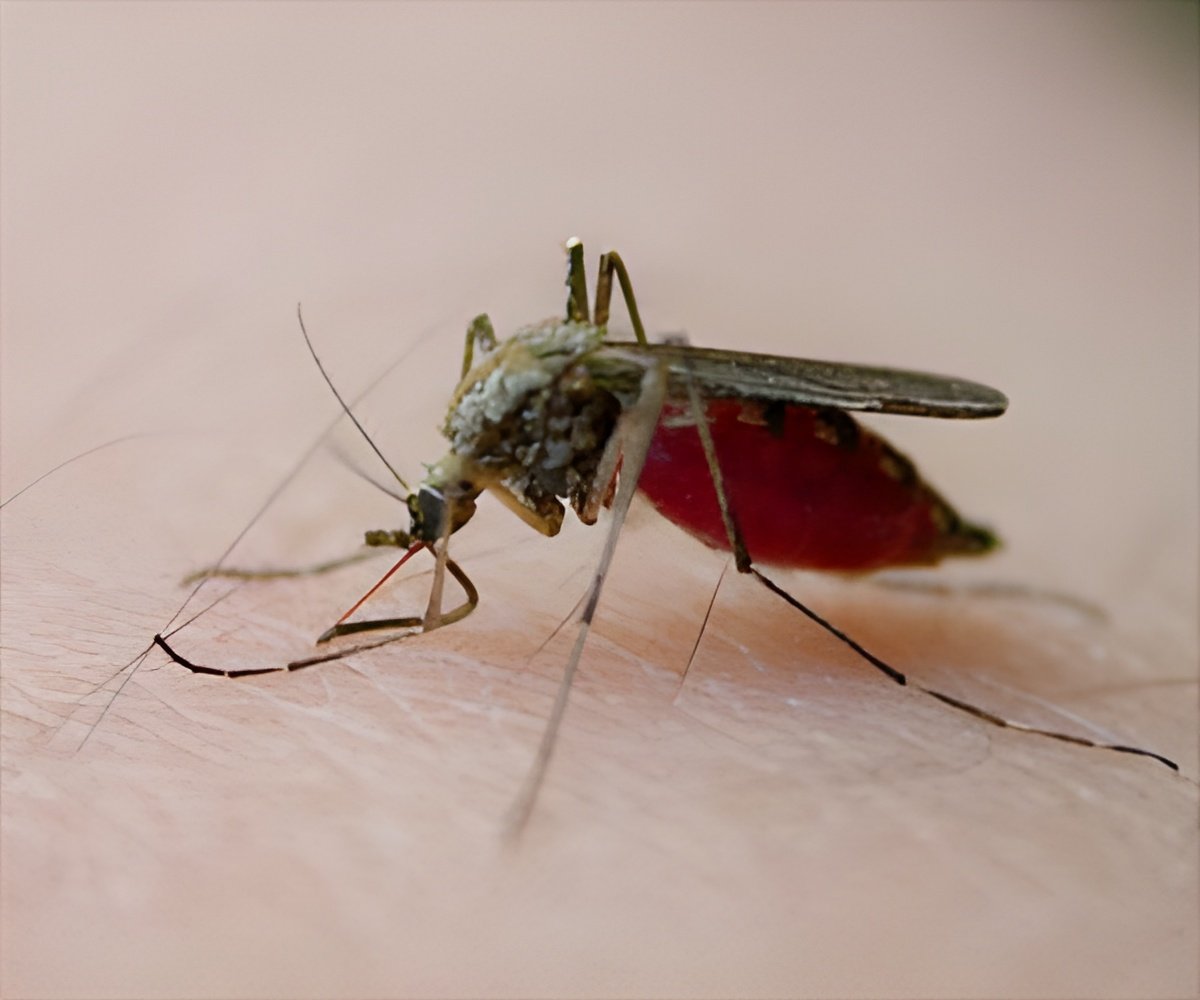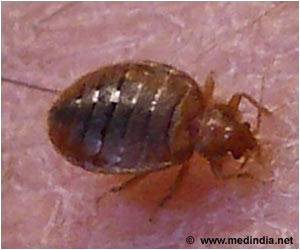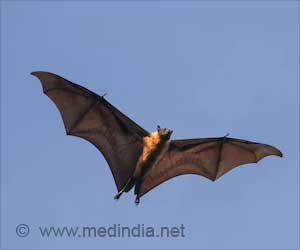Brazil runs a serious risk of being afflicted by Oropouche, another virus that is widely distributed throughout South and Central America and the Caribbean.

‘Oropouche fever transmitted by the midge Culicoides paraensis, is no longer found only in Amazonian villages and is spreading to the big cities.’





"Oropouche is a virus that could potentially emerge at any moment and cause a serious public health problem in Brazil," said Luiz Tadeu Moraes Figueiredo, a professor at the University of São Paulo's Ribeirão Preto Medical School (FMRP-USP). Figueiredo is a researcher for a Thematic Project supported by the São Paulo Research Foundation (FAPESP) focusing on emerging zoonotic viroses. According to him, about 500,000 cases of Oropouche fever have been reported in Brazil in recent decades but that the number of cases will grow because the virus, transmitted by the midge Culicoides paraensis, is no longer found only in Amazonian villages and is spreading to the big cities.
"C. paraensis is distributed throughout the Americas, and Oropouche virus therefore has considerable emergence potential," he said. "The virus may well spread from the Amazon region and central plateau to the most densely populated regions of the country."
The incidence of Oropouche fever is also rising in urban areas of Peru and Caribbean countries. In Brazil, the virus has been isolated from birds in Rio Grande do Sul state and from a marmoset in Minas Gerais state. The presence of neutralizing antibodies (which bind to the virus, tell the immune system to destroy it, and prevent it from infecting the organism) has been detected in primates in the city of Goiânia.
"We recently diagnosed a patient from Ilhéus [city in the northeastern state of Bahia] with Oropouche fever, in partnership with Eurico Arruda [a professor in FMRP-USP's Department of Cellular Biology]. This shows the virus is circulating around Brazil," Figueiredo said.
Advertisement
The researchers were intrigued to find that one of these three patients had neurocysticercosis, an infection of the central nervous system caused by the pork tapeworm Taenia solium, and another had AIDS.
Advertisement
The 128 patients with Oropouche in Manaus had been clinically diagnosed with dengue fever. The Oropouche and dengue viruses produce similar symptoms.
For this reason, researchers at FMRP-USP and other institutions such as Fundação Oswaldo Cruz have begun to warn that many suspected cases of dengue in Brazil may be cases of infection by Oropouche.
Source-Eurekalert












